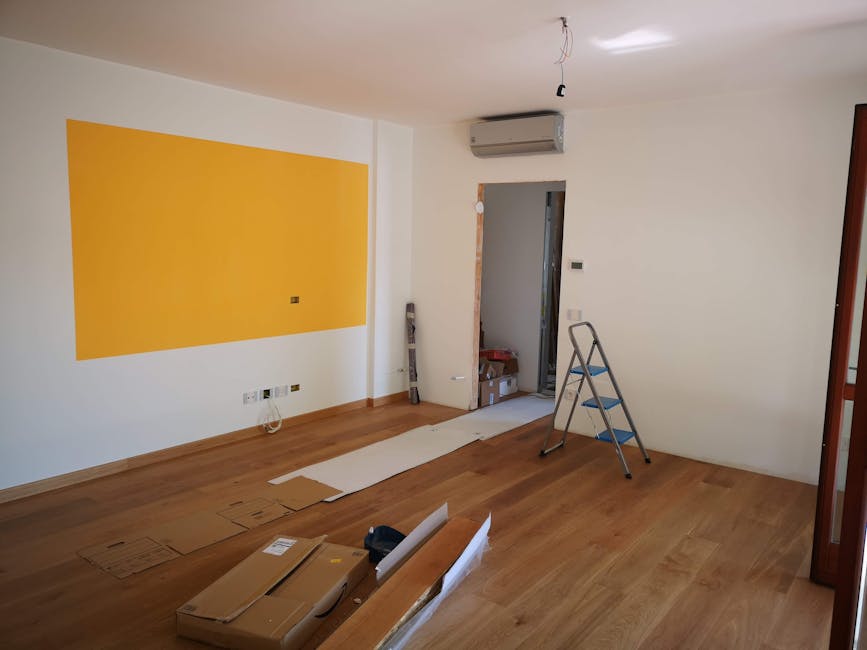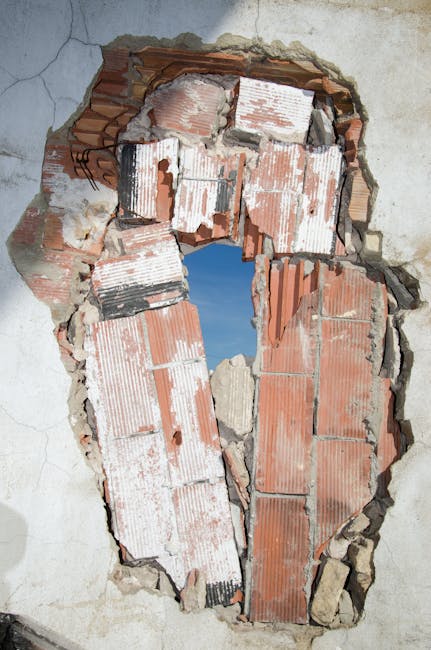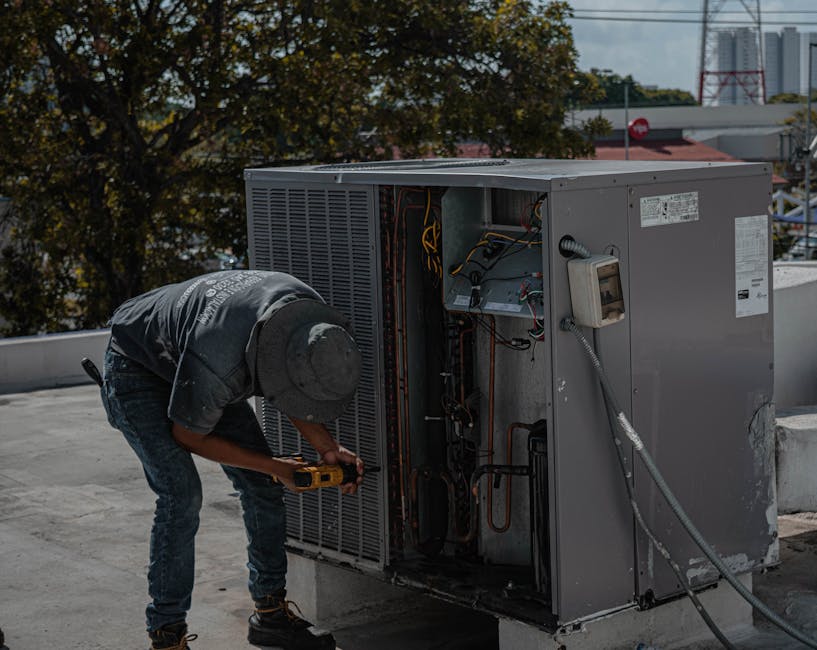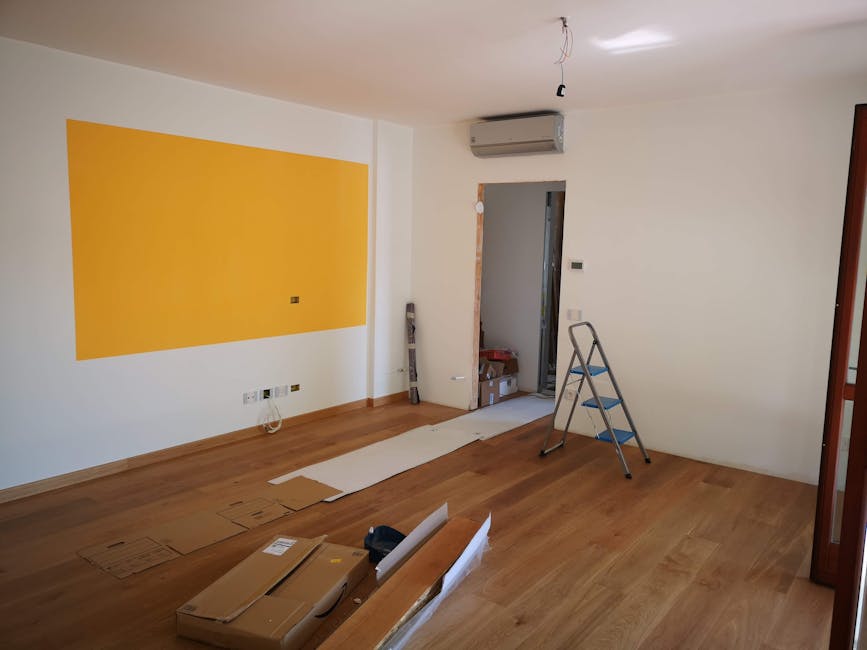Air Conditioner Repair: A Comprehensive Guide to Troubleshooting, Maintenance, and Professional Help
Air Conditioner Repair: A Comprehensive Guide to Troubleshooting, Maintenance, and Professional Help
A malfunctioning air conditioner can quickly transform a comfortable home into an unbearable oven, especially during those scorching summer months. Understanding the common issues, performing basic maintenance, and knowing when to call a professional are crucial for keeping your AC unit running smoothly and efficiently. This comprehensive guide will walk you through everything you need to know about air conditioner repair, from simple troubleshooting to understanding the complexities of professional services.
Understanding Common Air Conditioner Problems
Before diving into repairs, it’s essential to identify the problem. Many issues can be addressed with simple troubleshooting, while others require professional intervention. Here are some of the most common air conditioner problems:

- No Power: Check the circuit breaker and ensure the power cord is securely plugged in. If the problem persists, there might be an electrical fault requiring professional attention.
- Weak Airflow: This could be due to a clogged air filter, frozen evaporator coil, or issues with the blower motor. Regular filter cleaning is crucial for preventing this issue.
- Poor Cooling: Inefficient cooling can stem from refrigerant leaks, compressor failure, or dirty condenser coils. Identifying the root cause requires careful examination.
- Unusual Noises: Grinding, rattling, or clicking sounds often indicate mechanical problems. Ignoring these noises can lead to more significant damage later on.
- Leaking Water: Water leaks can indicate clogged drain lines, a frozen evaporator coil, or a problem with the condensate pump. Addressing this promptly prevents water damage.
- Cycling On and Off Frequently: This could point to a variety of issues, including a dirty filter, insufficient refrigerant, or problems with the thermostat.
DIY Air Conditioner Troubleshooting and Maintenance
For many common problems, basic troubleshooting and maintenance can be tackled at home. This can save you money and time waiting for a technician. However, it’s crucial to prioritize safety and only attempt repairs if you’re comfortable with basic home maintenance.
Checking the Air Filter
The air filter is the first point of call for most AC issues. A clogged filter restricts airflow, reducing cooling efficiency and potentially causing the unit to freeze. Replace or clean the filter according to the manufacturer’s recommendations (usually every 1-3 months).
Cleaning the Condenser Coils
The condenser coils, located outside the unit, can accumulate dirt and debris, hindering heat dissipation. Clean them gently with a coil cleaning brush or vacuum cleaner to improve efficiency. Always disconnect the power before cleaning.
Inspecting the Drain Line
The drain line removes condensation from the unit. If it becomes clogged, water can overflow, causing leaks and potentially damage to your home. Check for blockages and clear them carefully, using a drain cleaner if necessary.
Checking the Refrigerant Levels (Professional Help Recommended)
While checking refrigerant levels may seem straightforward, it’s crucial to note that working with refrigerants requires specialized knowledge and equipment. Incorrect handling can be dangerous. If you suspect a refrigerant leak, call a qualified HVAC technician.
When to Call a Professional Air Conditioner Repair Service
Despite your best efforts, some problems require the expertise of a qualified HVAC technician. Don’t hesitate to call for professional help if you encounter any of the following:

- Refrigerant Leaks: Handling refrigerants requires specialized knowledge and safety precautions.
- Compressor Problems: The compressor is a critical component; repair or replacement requires professional expertise.
- Electrical Issues: Working with electrical systems requires careful attention to safety; professional help is crucial.
- Complex Mechanical Problems: If you’re unable to diagnose the problem, or the repair seems beyond your capabilities, call a professional.
- Ongoing or Persistent Problems: If the problem persists after trying basic troubleshooting steps, professional help is essential.
Choosing the Right Air Conditioner Repair Technician
Selecting a reputable HVAC technician is crucial for ensuring the quality and safety of the repair. Consider the following factors when making your choice:

- Licensing and Certification: Ensure the technician is properly licensed and certified in your area.
- Experience and Reputation: Check online reviews and ratings to gauge the technician’s experience and reputation.
- Warranty and Guarantees: Inquire about warranties and guarantees on parts and labor.
- Pricing and Transparency: Obtain a clear and detailed estimate before any work begins.
- Insurance and Liability: Ensure the technician is insured and liable for any damages.
Preventive Maintenance for Your Air Conditioner
Regular preventive maintenance is key to extending the lifespan of your air conditioner and preventing costly repairs. Consider implementing the following practices:
- Regular Filter Changes: Change or clean your air filter every 1-3 months, or as recommended by the manufacturer.
- Annual Professional Inspection: Schedule an annual inspection by a qualified HVAC technician to identify potential problems early on.
- Coil Cleaning: Clean the condenser coils at least once a year to ensure optimal heat dissipation.
- Drain Line Cleaning: Check and clean the drain line regularly to prevent clogs and water damage.
- Proper Outdoor Unit Placement: Ensure the outdoor unit has adequate space around it for proper airflow.
Understanding Air Conditioner Repair Costs
The cost of air conditioner repair can vary greatly depending on the complexity of the problem, the required parts, and the labor involved. Factors such as the age and make of your unit also influence the cost. Always obtain a detailed estimate from the technician before approving any work.
Conclusion
Maintaining a well-functioning air conditioner is crucial for comfort and energy efficiency. By understanding common problems, performing basic maintenance, and knowing when to call a professional, you can ensure your AC unit remains a reliable source of cool comfort throughout the year. Remember, regular maintenance is a cost-effective way to prevent costly repairs and extend the life of your air conditioning system.





